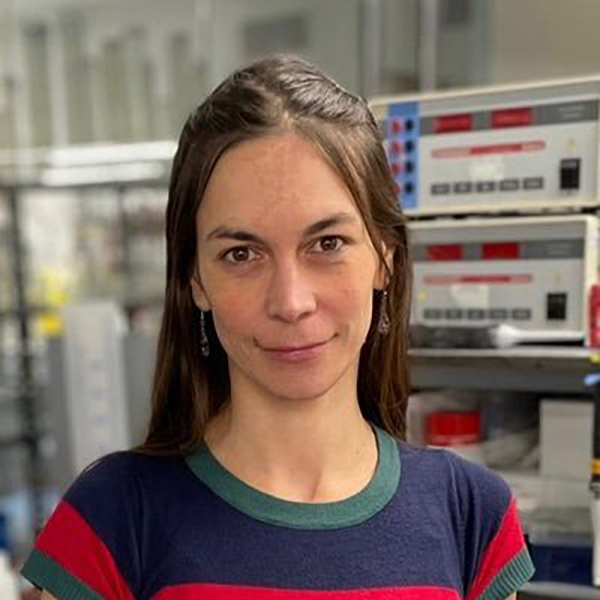
In the latest edition of our Staff Profile series, we spoke to Dr Özgen Deniz about her research into acute myeloid leukaemia, her aspirations for the next five years and her favourite pastimes.
Introduce yourself – who are you and what do you do?
I am an Imperial College Research Fellow in the Centre for Haematology with a research interest in the epigenetics of acute myeloid leukaemia. I run a research lab, and we study the contribution of the non-coding part of our genome to leukaemia development and progression.
When did you join the College, and where were you working before this?
I joined Imperial in January 2021 as an Imperial College Research Fellow. Before Imperial, I studied for my PhD at the University of Barcelona and was a postdoc at the Blizard Institute (Queen Mary University of London).
Can you explain a bit more about your research interests, and what you’re currently working on as part of your Fellowship?
My research programme aims to understand how transposable elements contribute to the generation and survival of cancer cells in acute myeloid leukaemia. Transposable elements are repeated DNA sequences that can move location and comprise over half of our genome. These elements can control which genes are turned on or off and therefore mediate important biological processes. In the lab, we are investigating how cancer-specific epigenetic changes activate transposable elements as gene regulators and how this promotes cellular proliferation in leukaemic cells. This project is co-funded by Imperial College London and AstraZeneca. We are also trying to determine whether these elements play a role in the efficacy of epigenetic therapies by triggering anti-tumour immune responses, which is partially funded by the Imperial Health Charity.
What initially sparked your interest in your current field of research?
Since my undergraduate days, I have been interested in cancer biology. However, my enthusiasm for transposable elements started during my postdoc in Miguel Branco’s lab. I remember telling him during my interview that although I did not know much about them, I was keen to explore what they do in cancer. The more I learned about these transposable elements, the more interested I became.
What’s the most challenging part of your role?
It is trying to juggle multiple lines of work. I am trying to be as active as I can in the lab, while writing grants, supervising students, teaching (a little bit), networking and managing administrative duties.
And the most rewarding?
Seeing an exciting result from a challenging experiment.
Where do you see yourself in five years’ time?
Managing an enthusiastic research group where I can inspire students and young scientists on how cool transposable elements are. My aim is to improve the understanding of the impact of transposable elements on genome function in cancer. I also want to focus on how the information we generate in the lab can be translated into improved patient outcomes. Hopefully, within five years, we will be a few steps closer to uncovering potential TE-based therapeutic strategies to treat cancer.
What are your biggest hobbies/passions when you’re not busy at work?
I love running and swimming. This year, I will join the swim-run races, combining my two passions. I enjoy live music (mainly rock and jazz), practising yoga, improvised dancing and doing silly things with my three-year-old daughter. Erm, can I list gin and tonic as a hobby as well?
And finally: what’s one thing you’d like staff in the Department to know about you or your role that we haven’t already covered?
I am highly keen on expanding my research network at Imperial, which is much needed during these Covid times as a young PI. If you are interested in anything we do, get in touch.